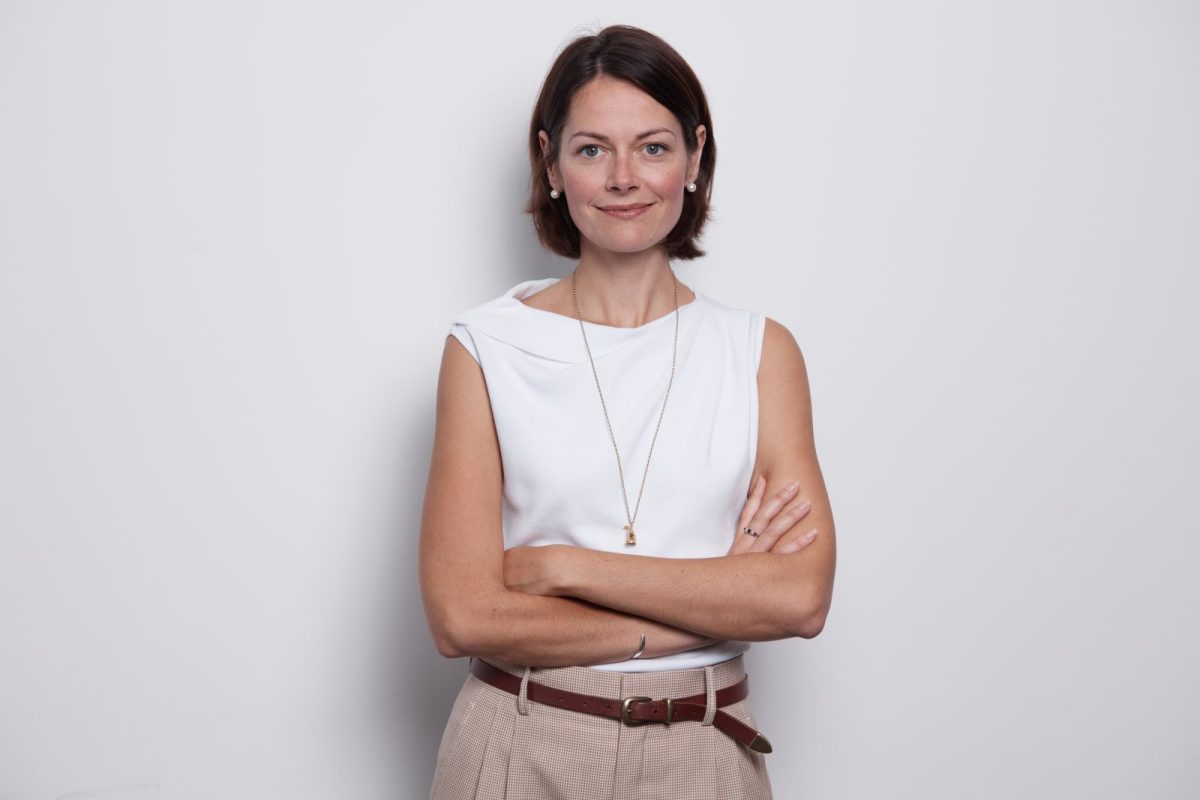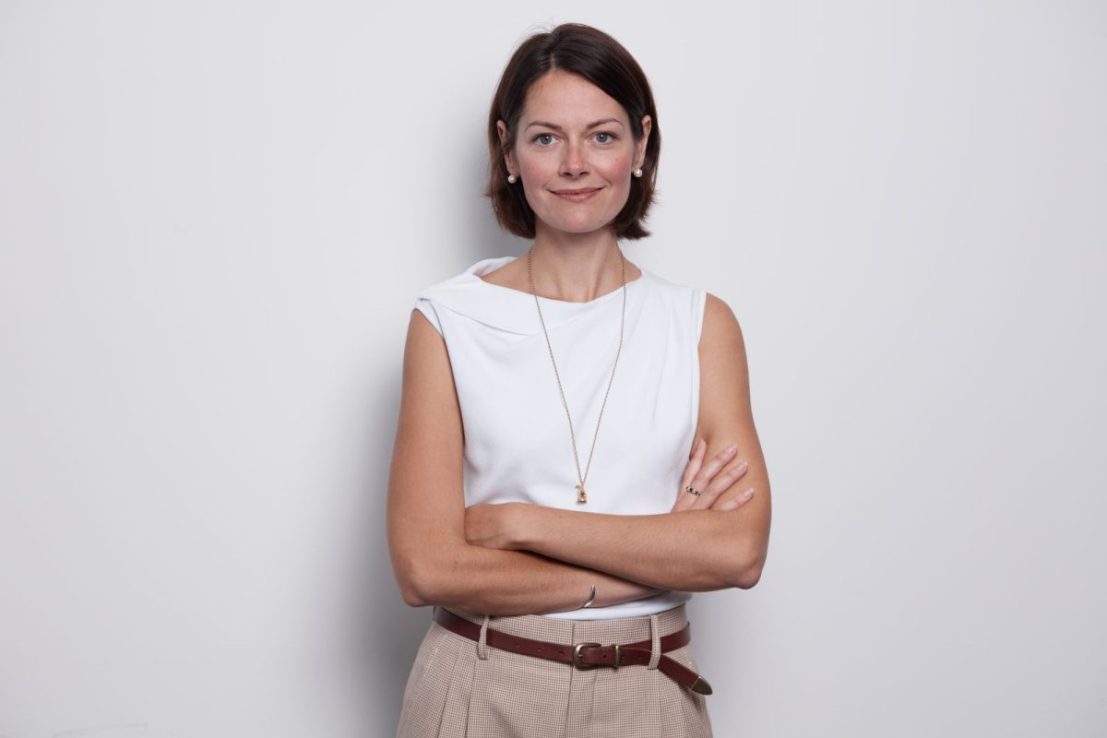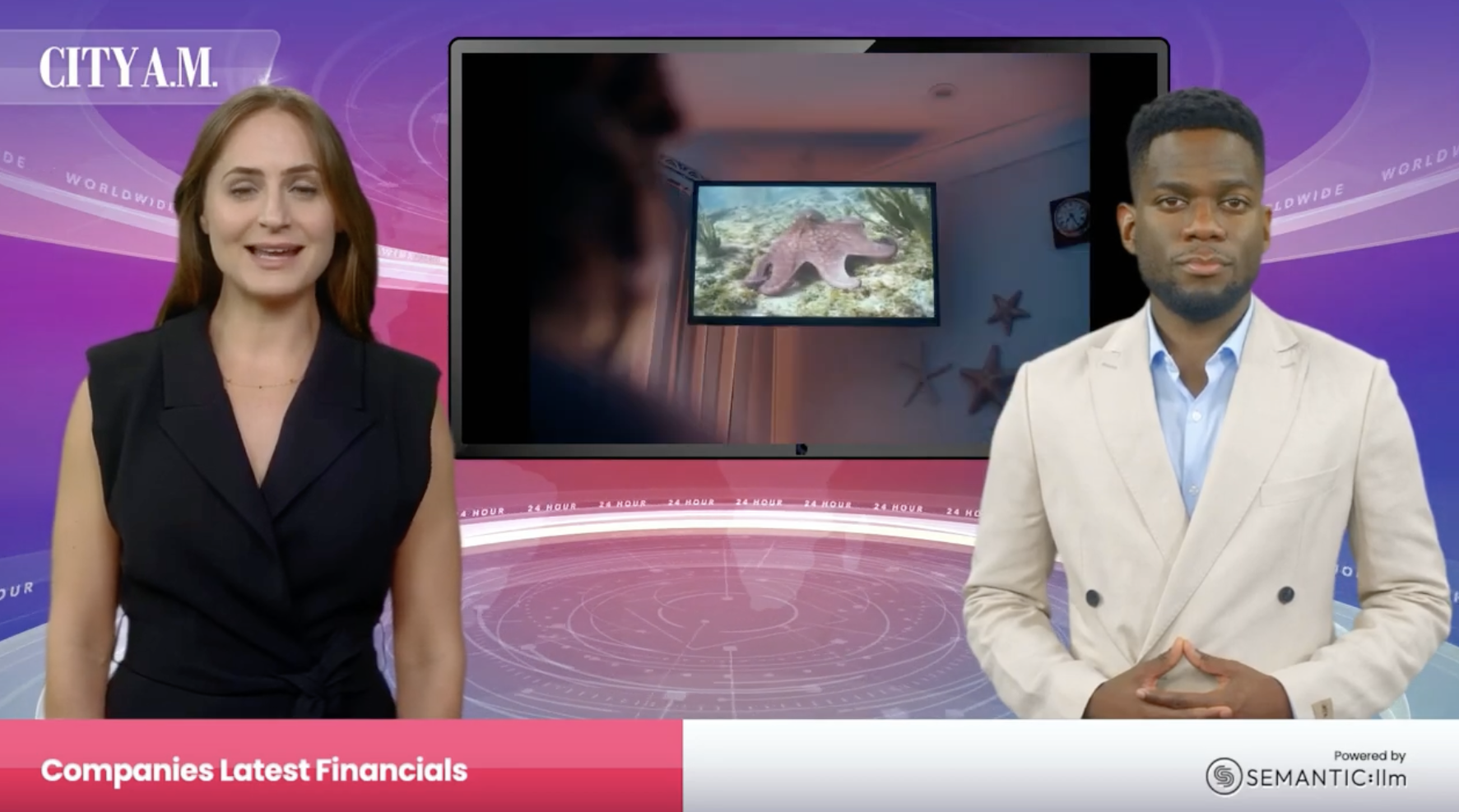Darktrace boss Poppy Gustafsson to depart after private equity takeover
One of London’s most well-known tech bosses Poppy Gustafsson is set to depart the British cybersecurity firm Darktrace after its takeover by US private equity firm Thoma Bravo. Gustafsson, who co-founded the firm in 2013 with backing from the late billionaire Mike Lynch, will be replaced by the company’s chief operating officer Jil Popelka, she [...]


One of London’s most well-known tech bosses Poppy Gustafsson is set to depart the British cybersecurity firm Darktrace after its takeover by US private equity firm Thoma Bravo.
Gustafsson, who co-founded the firm in 2013 with backing from the late billionaire Mike Lynch, will be replaced by the company’s chief operating officer Jil Popelka, she said on LinkedIn.
“Darktrace has been a huge part of my life and my identity for over a decade and I am immensely proud of everything we have achieved in that time,” said Gustafsson, who was awarded an OBE for services to cybersecurity in 2019.
“Now is the right time to hand over the reins so Jill can lead Darktrace through its transition into private ownership and beyond. I remain Darktrace’s number one fan,” she added.
Darktrace left the London Stock Exchange earlier this year after it was taken over in a £4.3bn deal with US private equity firm Thoma Bravo. The deal was at a premium of 20 per cent on its then-value on the London Stock Exchange.
It’s one of many companies who have exited the exchange in 2024 amid concerns they trade at a discount to international peers.
In 2018, Darktrace was subpoenaed by US authorities, who warned there was a risk of money-laundering claims if its backing money included cash generated by the sale of Mike Lynch’s firm Autonomy.
At the time, Lynch was in the midst of a complex lawsuit with Hewlett Packard, who asserted that he had duped the firm into overpaying for Autonomy, which it bought for $11bn in 2011.
Last week, it was reported that Hewlett Packard Enterprise (HPE) was set to pursue the widow of Mike Lynch for up to $4bn (£3bn) in a continuation of its long-running claim.



